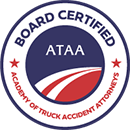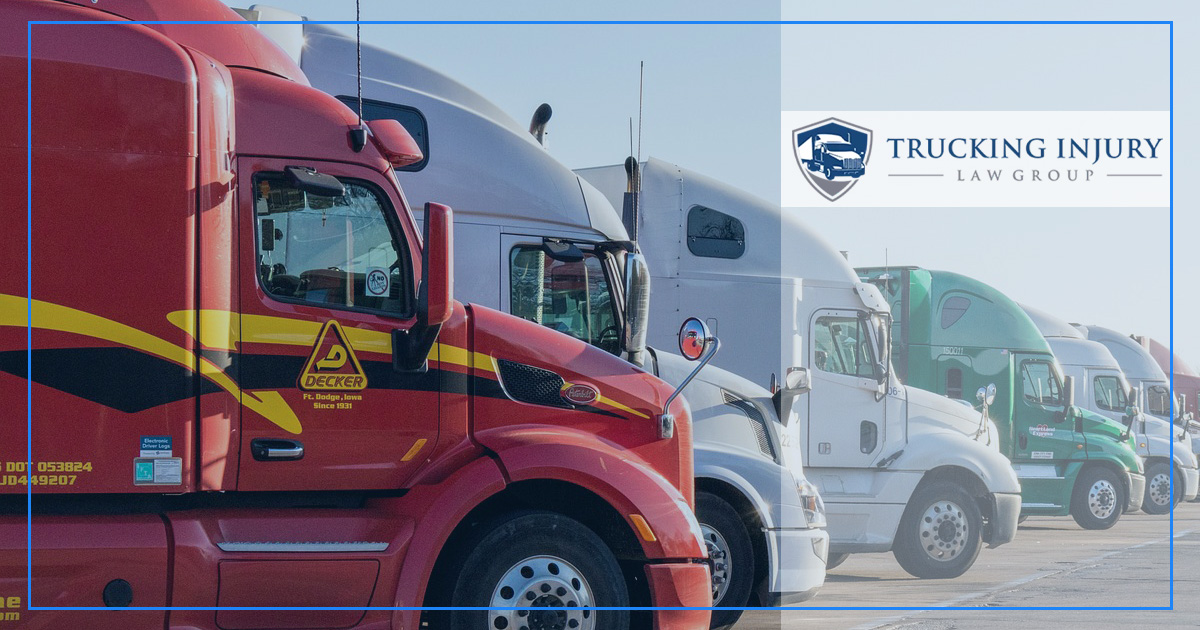What Happens if a Truck Is Overweight at a Weigh Station?
Everyone knows that a ton equals 2,000 pounds. According to data from the American Trucking Associations, the trucking industry transported 11.46 billion tons of freight in 2022, an astronomical number of pounds of goods.
All those trucks need to comply with federal and state regulations pertaining to weight limits. Anyone who shares the road with 18-wheelers should wonder what happens if a truck is overweight at the weigh station.
That answer depends on how much overweight and if there are valid permits.
Overweight at a Weigh Station
There are weigh stations located throughout the thousands of miles of highways.
When the weigh station is open, every truck must pull over and be weighed. That includes trucks that are empty. A truck can be measured by the weight of each axle or the gross vehicle weight rating (GVWR).
The responsibility for an overweight truck fall on the truck driver. In some cases, the company that owns the truck will also be liable for any weight-related violations. For excess weight over 80,000 pounds, the truck driver can face a fine that is charged by the pound.
In most states, if a truck is found to be 6,000 pounds over the maximum gross weight it will have to make arrangements for a second truck to show up and offload some of that excess weight. The truck driver might be able to call for an overweight permit, but they won’t be able to move until the permit is issued.
A truck driver could also be ordered to return to the shipper and have them reconfigure the load.
Weight Restrictions
Every state can dictate the weight restrictions for trucks, which are typically based on federal standards. For example, in Nevada, the maximum gross weight for semi-trucks is 80,000. That weight limit is designed to protect roads from excessive wear.
However, trucks can sometimes carry a heavier load. Trucks operating in Nevada that are over the weight limit need to obtain a vehicle permit from the Nevada Department of Transporation.
The permits are due to the risk associated with accidents caused by overweight trucks. These are some of the problems that can happen when an overweight truck is on the road:
- Overheated tires and potential blowout situations
- Extended stopping distances
- Overheated or even failed brakes
- Tipping hazards on corners or during high winds
- Reduced brake efficiency due to weight shifting
- Accelerated deterioration of roadway surfaces and damage to bridges
Skipping the Check
Skipping a weigh station check-in can result in an initial fine of upwards of $300.
A truck driver who is found to have skipped an open weigh station could be compelled to turn around and go back to that station, which would mean a significant delay for the driver. Once they are back at the station, the truck drivers could be subjected to a Department of Transportation-sanctioned inspection.
The Commercial Vehicle Safety Alliance (CVSA) details the eight levels of inspections.
Here are the other potential consequences a truck driver could face if they skip a weigh station check:
- Suspended license
- Lower company’s CVSA score that could impact all the drivers for that company
- Employment probation or termination
The Aftermath
A semi-truck with a heavy load increases the risk of being involved in a collision or some other type of accident. The weight of a truck can be part of the elements you would use to seek compensation for any damage or injuries. That is something that the team from Trucking Injury Law Group can help with.
We are a team of experienced attorneys who help victims of trucking accidents seek a fair remedy. We support clients injured in tractor-trailer crashes in Nevada, Idaho, Oregon, and Washington.
We’ll look into all the potential contributing factors, including the weight of a truck, to determine if that leads to reckless driving. If you were involved in an accident with a truck, call to schedule a consultation.






